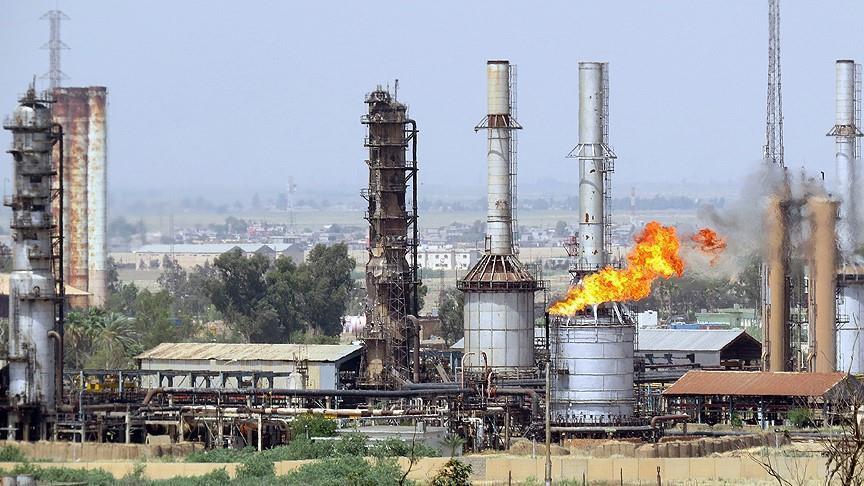Italy’s Prime Minister Mario Draghi is visiting Algeria on Monday to sign a gas supply deal aimed at reducing his country’s energy dependence on Russia.
Last year, Italy imported more than 95% of its gas needs, including 29 billion cubic meters (bcm), or 38%, from Russia, its largest supplier. Algeria was its second-largest supplier, with 21.1 bcm of gas, or 28% of the total.
In Algiers, Draghi was expected to clinch an agreement to boost Algerian gas imports by up to 10 bcm, according to Il Messaggero newspaper and other Italian media reports.
The deal “will allow us to face any possible Russian blackmail on gas,” Foreign Minister Luigi Di Maio, who is accompanying Draghi, said on Sunday, as he announced that an agreement would be signed in Algiers.
Di Maio added that in the wake of the Ukraine war, which started more than six weeks ago, he has visited a number of energy-producing countries as part of efforts to diversify supplies.
“In the last month and a half I have been to Algeria, Qatar, Congo, Angola, Mozambique, Azerbaijan: all these countries said they are ready to increase supplies to Italy,” the minister said.
Ecological Transition Minister Roberto Cingolani and chief executive of ENI Claudio Descalzi, representing Italy’s biggest energy company, are also travelling with Draghi to Algiers.
Last week, Cingolani said Italy could get by “for three, four months” if Russian gas supplies to Europe were cut immediately, thanks to national reserves, but “the problem [would be] preparing for winter.”
European Union countries like Italy are adopting ever-stricter sanctions against Russia in response to Moscow’s war on Ukraine, but this means facing up to the possibility of no longer being able to rely on Moscow for energy.
Last week, the European Commission proposed for the first time extending Russia sanctions to the energy sector, with a ban on coal imports. A ban on gas and oil imports is currently not on the table, but could be an option in the future.
On Wednesday, Draghi warned Italians of possible personal sacrifices, saying they might have to alter their energy consumption habits if the diplomatic crisis with Russia escalates. “Do you prefer peace or the air conditioning on?” he asked rhetorically.
By Alvise Armellini
Anadolu Agency
energy@aa.com.tr


